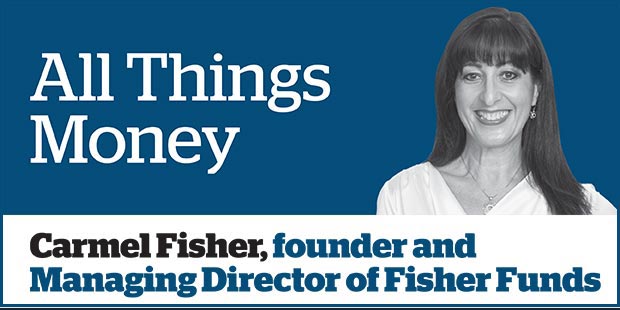As an investor I cut my teeth on small, under-researched listed companies where I hoped to have a competitive advantage. You know, find the hidden gem that nobody else knew about because they were too busy looking at large, established companies.
The NZX's Alternative Market and its little brother the NXT Market should be right up my alley. But they're not. Give me the NZX's main board any day.
The logic behind NZAX and NXT makes sense. These markets were established to be sort of trainer wheels for small- and mid-sized companies wanting to list on the stock exchange but found the main board too expensive or administratively burdensome.
The NZAX was established in 2003, giving small companies the opportunity to raise capital from investors with less onerous disclosure requirements and cheaper listing fees than the NZX main board. It hasn't exactly been a stellar market and I struggle to think of a single success story - with my definition of success being a company that proved itself and attracted sufficient investor support to warrant a 'promotion' to the main board.
NZAX listed companies are generally out of sight, out of mind and, while their listing may have been easy and cost-effective, you've got to wonder how many question why they bothered.
The NXT market was officially launched two weeks ago with the compliance listing of mail company G3. At first glance, the NZT market sounds a lot like the NZAX except the former is specifically aimed at "high growth" small companies as opposed to the garden variety, small company that NZAX caters for.
It seems likely that NXT will ultimately replace NZAX though I guess it will have to prove itself first as we wouldn't want two floundering alternative markets.
My analysis probably seems harsh, especially as we should all be supportive of flourishing capital markets that give small companies a chance to grow and access capital. My view is coloured by NZAX's experience to date and of its UK counterpart, London's Alternative Investment Market (Aim) which just celebrated its 20th birthday.
After 20 years, London's junior market should have lots of success stories, as it also offers low-cost and lower-compliance listing to small and medium companies - and there are a lot more potential candidates in the UK than New Zealand.
Aim started in 1995 with 10 companies listed and now boasts 1,100 companies in all manner of industries. There have been some notable successes, like Domino's Pizza and As Seen on Screen Holdings (or Asos, as any fashionista would know), but there's been a lot of mediocrity and a decent smattering of outright failures as well.
According to research conducted at London Business School, over the past two decades investors would have lost money in 72 per cent of all companies to list on Aim. In more than 30 per cent of cases, investors would have lost virtually all (at least 95 per cent) of their investment.
There have been some successes, with 1.4 per cent of all Aim companies (39 in total) generating multi-year returns in excess of 1000 per cent. But the exceptions really are exceptional; the norm is not flash.
The study suggested at least some of the poor performance was due to the nature of companies listing on Aim; a number were "unseasoned", some were faddish and many illiquid. Investors found themselves in something of a lottery and the lighter reporting requirements of Aim listed companies didn't improve the odds.
While I like the idea of small companies accessing capital through a stock exchange listing, I still think some fundamental investment criteria must be met, regardless of size. A company should have a track record, it should have a competitive advantage, it should be profitable (or capable of being in the short term) and its management should be transparent.
There are some investing rules that should be sacrosanct to all investors, regardless of the market they choose to buy in.

